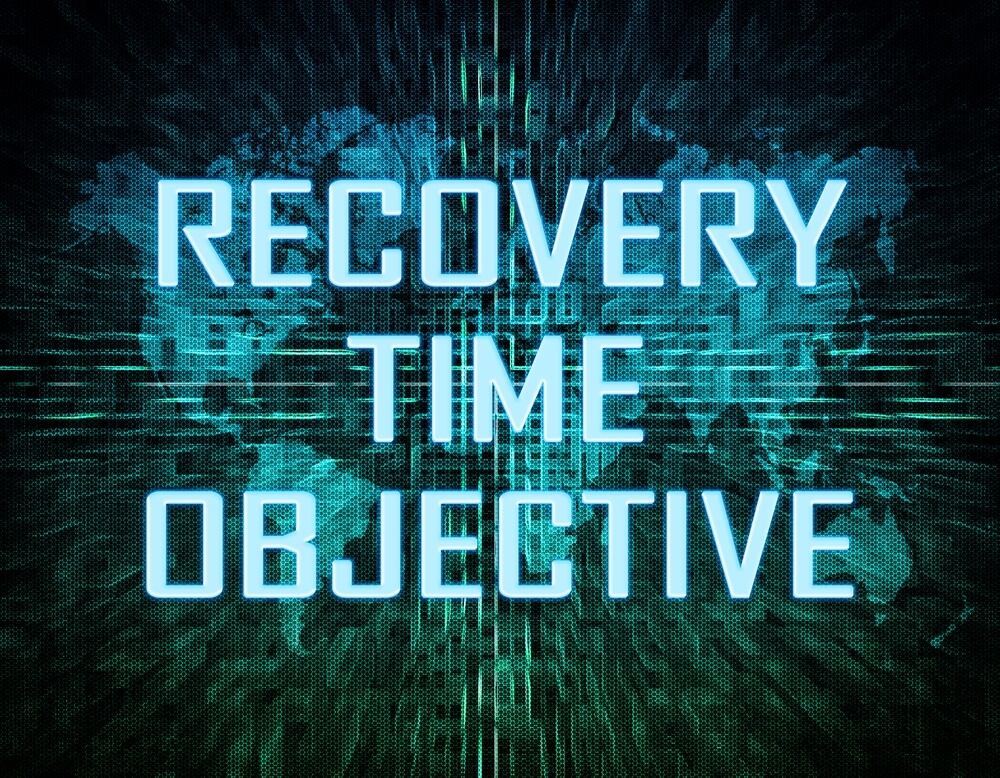Technological change is a primary force of business disruption
Technology has changed the nature of today’s work-related arena. While the benefits of implementing innovative systems and processes have long been noted, is the consequent disruption just as notable in magnitude?
In light of insights published by Mckinsey & Company, the answer appears to be yes. This is predominantly due to the speed of progression that technology has followed over recent years.
The unstoppable advance of technology
Looking a little further into the past, it took 50 years from the invention of the phone until half of households in the US had one. But social giant Facebook managed to attract six million users in its first 12 months, with that figure expanding 100-fold over the course of five years.
In short, advances in technology are very close to overtaking the speed at which enterprises can actually utilize them. For example, if a company rolls out a huge IT infrastructure project, chances are it’ll be out-of-date and need some sort of upgrade in a few years – at very best.
Big data and disruption
Furthermore, where hardware is one thing, data is another issue entirely. Mckinsey & Company predicts that there will be 1 trillion devices connected to the internet by 2025. These will be able to provide companies with invaluable insights and add to their information pools, but it will take some adapting to leverage them effectively.
Big data is yet another area that is likely to present technological disruption. So, what can enterprises do?
The main way is to ensure that any business models and strategic planning processes in place are malleable. Furthermore, the importance of technology should be pushed to a higher plane, with the entire organization encouraged to embrace new practices, rather than leaving all of the innovation solely at the door of the IT department.




Leave A Comment